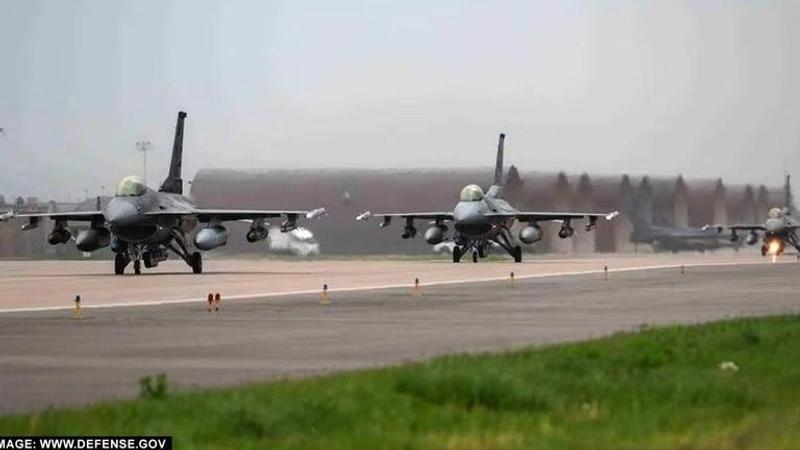Published 09:11 IST, September 7th 2023
US says Indo-Pacific strategy seeing great success strengthening deterrence in region
The assistant secretary of defence at the defence news conference in Arlington, Virginia said that US and India are delivering joint vision of open Indo-Pacific

Ely Ratner, Assistant Secretary of Defence for Indo-Pacific affairs, said that the past year in the Indo-Pacific has been truly historical and the defence department looks to continue with that progress. The assistant secretary of defence at the defence news conference in Arlington, Virginia said that US and India are delivering on the joint vision for a free and open Indo-Pacific. The discussion was held on the progress made in the region, the need for communication between Chinese and US defence leaders and continued bipartisan support for US Indo-Pacific support.
Ratner said that the past year has advanced the implementation of US strategy in the Indo-Pacific region in terms of ‘fortifying foreign defence perimeter’. The region is squarely at the centre of Pentagon concerns, with US Defence Secretary Lloyd J. Austin III making his eighth trip to the region. This included his first trip as secretary to Japan, South Korea, and India in February 2021.
About US Initiatives and Indo-Pacific Strategy
American initiatives have gained traction in the region because they are built on the shared vision for a free and open Indo-Pacific, based on rules that have kept the peace since the end of World War 2. Ratner said that US military-to-military nations with the Philippines, Australia, New Zealand, Indonesia, Vietnam and other countries of the Southeast Asian Nations organization have improved. Ratner also mentioned that alliances and partnerships with the above-mentioned countries are stronger than they have ever been and talked about how the US has been engaging in several activities with them that have led to more distributed mobile, resilient and lethal force posture in the reason.
Ratner in a statement said that the US military has also worked diligently with allies and partners to develop the capabilities they need to defend themselves to be able to contribute more to the alliances. These are simply not bilateral relationships. Ratner mentioned that they have been busy linking those relationships together like never before and nations of the region are cooperating in ways impossible to consider just a few short years ago.
Chinese behaviour in the region is one of the reasons for increased cooperation among like-minded regions. For the United States China is the top challenge. Ratner said that in the US defence budget, it is visible that China is a top challenge for the United States. This is because China is the only country with the will and increasingly the capability to overturn the international order refashion the international order and refrain from the international order to suit its authoritarian interests in ways that would undermine the interests of the US.
The US military has had substantive engagements and dialogues with China. Ratner said that he would like to see the contracts resume with the caveat that they are not hostage to political posturing. He said that defence leaders would like to share concerns that we have about China’s operational behaviour in the region.
There has been a sharp increase in unsafe intercepts against the US and allies in the region and this includes very close approaches and unsafe maneuvers around the US and allied aircraft. These manoeuvres are not going to stop the US and its allies from operating in the region. In the end, Ratner discussed the bipartisan support for US strategy in the region. He said that we are engaging in discussions with our allies and partners. Which in part have a long trajectory on them and will take time to build.
Ely Ratner that trilateral meetings of the US, South, Korea and Japan for example will happen yearly. New agreements with India, the Philippines and Australia have components that will take yours to put in place. These must have support across party lines and said that what he says according to his experience engaging with the Capitol, and other Republican leaders that there is strong bipartisan support for our position in the Indo-Pacific and strong bipartisan support for our focus on the PRC as a pacing challenge.
Updated 09:11 IST, September 7th 2023




